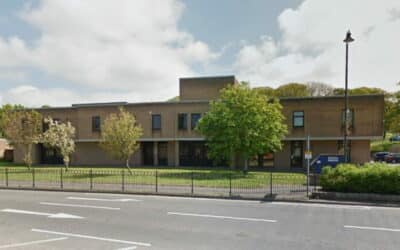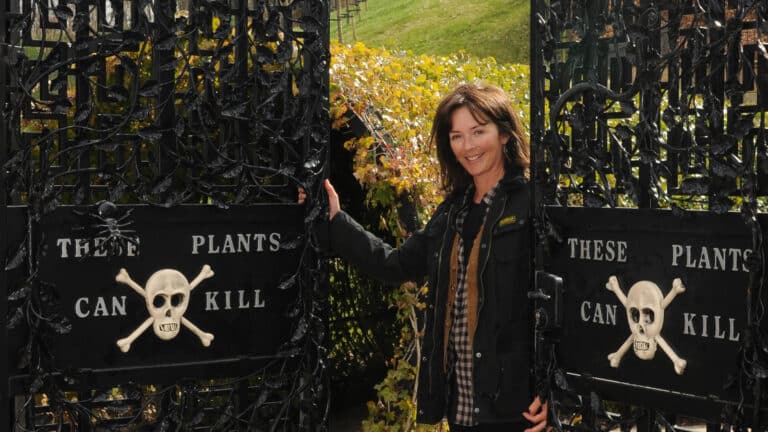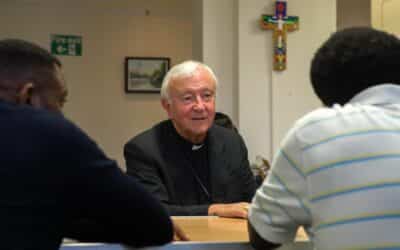The Duchess of Northumberland, Jane Percy, has revealed that she has been struggling to secure coca seeds or seedlings for her Poison Garden at The Alnwick Garden for almost ten years.
Having received special approval from the British Government to grow some of nature’s deadliest plants within the secure garden, including opium poppies, cannabis and coca plants, sourcing the coca seeds, known worldwide for the psychoactive alkaloid cocaine, has proven to be more challenging than anticipated.
Percy said she has continuously reached out to British Embassies in Peru, Bolivia, Chile and Columbia, but the attempts at sourcing the seeds have thus far proved futile.
“Although we have a government licence to grow coca, we have been unable thus far to be able to source the plant,” she explained.
“For many years we have run a drugs education programme which provides a unique opportunity to think about the plants that drugs come from and the dangers those drugs present.
“Unfortunately we are missing the part of the story which explains the pain and suffering in the countries where coca is grown and cocaine is processed.
“The Poison Garden has always pushed the boundaries of drug education and we are proud to be different and showcase some of the world’s deadliest plants.”
The Poison Garden is home to 100 varieties of toxic, intoxicating and narcotic plants that range from the exotic Brugmansia, which can kill those who ingest it with high levels of scopolamine and atropine, to the laurel hedge, a common plant that emits toxic fumes. It also welcomed the world’s most venomous plant Gympie Gympie last year to critical acclaim.
The boundaries of the Poison Garden are kept behind black iron gates, only opened for guided tours. The combination of dark, ivy-covered tunnels and flame-shaped beds creates an educational garden full of interest and intrigue, where the most dangerous plants are kept within giant cages so that experienced guides can take visitors through an informative commentary about each plant along with historical, high-profile poison anecdotes.
Visitors can learn about the poisonous plants but are strictly prohibited from touching them.
Despite the struggle to obtain coca seedlings for the Poison Garden, The duchess remains optimistic.
“I truly believe anything is possible and I will continue to tackle this problem head on and liaise with the Colombian Embassy. Our priority is to do so safely and legally for our own education purposes and we believe we will be announcing the safe delivery of the seedlings in the not too distant future,” she added.
The Alnwick Garden was created as a “garden for everyone” hosting various outdoor events throughout the year. The garden opened in 2001 and is situated in the market town of Alnwick, Northumberland. It is next door to Alnwick Castle, but is a completely separate independent charity.
The Alnwick Garden Trust supports the most vulnerable, including the Elderberries Programme supporting over 70’s experiencing isolation, a drug education programme combating drug misuse in the region and an education programme teaching younger people the importance of healthy eating.
Percy was the subject of a Channel 4 documentary last year, giving a “unique insight” into her life and the building of her new, multi-million pound Lilidorei attraction, which features the biggest play structure of its kind in the world, in the grounds of Alnwick Castle.
Never one to shun the limelight, high-grade narcotics aren’t Percy’s only surprise introduction to the genteel surrounds of Alnwick Garden. In 2011/12 she faced praise and criticism in roughly equal measure for bringing cage fighting and cocktails to the garden, which has become a major tourist attraction in the North East since she began its renovation in 2000.














